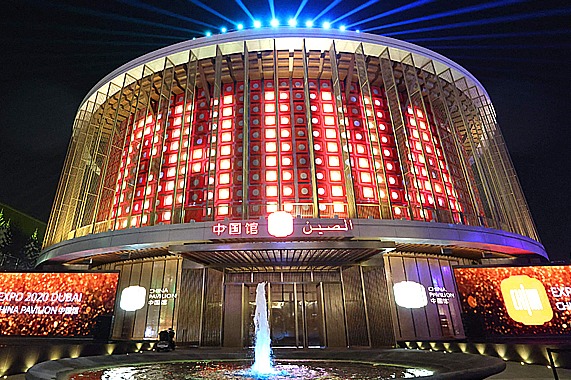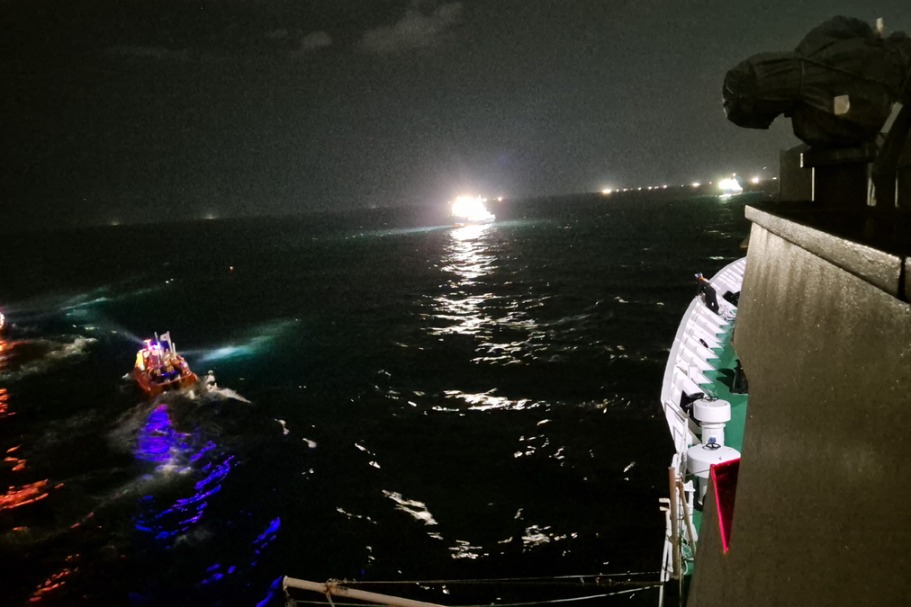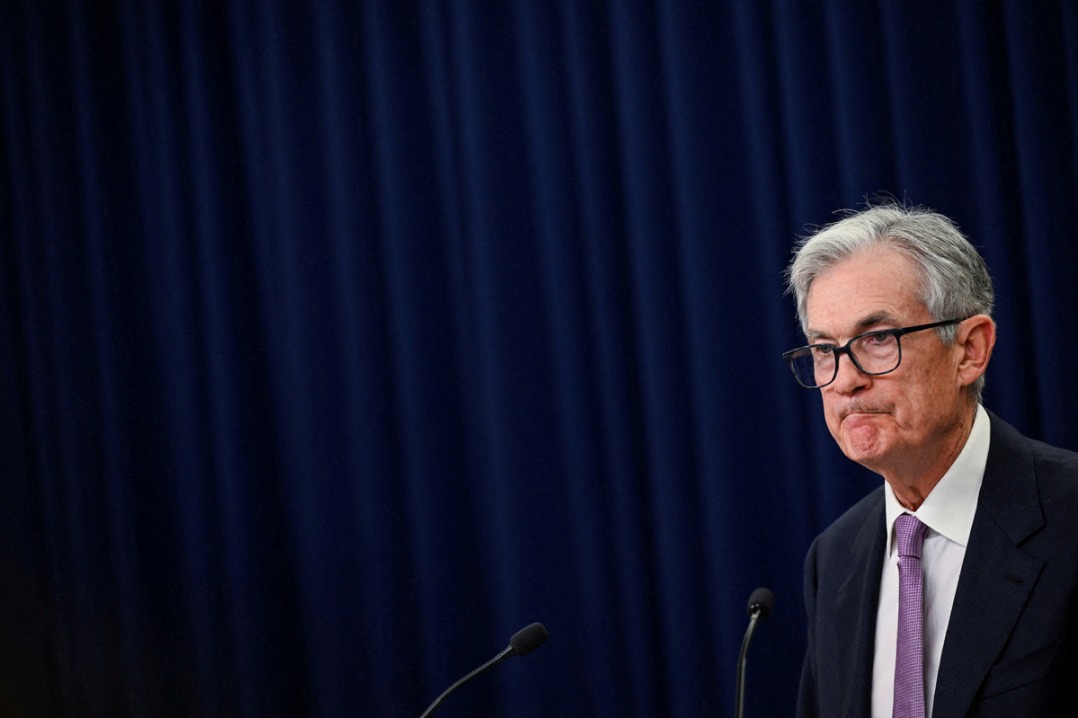FARC ceasefire boosts Colombia's peace push


In another step forward to realizing Colombian President Gustavo Petro's plan for "total peace," Segunda Marquetalia, one of the country's main rebel groups, has agreed to a unilateral ceasefire during peace talks in the Venezuelan capital of Caracas.
The group, a splinter of the Revolutionary Armed Forces of Colombia (FARC) and headed by Ivan Marquez, agreed to a ceasefire, de-escalate military operations and return hostages during talks that included Noti Patino, Colombia's High Commissioner for Peace; Armando Novoa, the government's chief negotiator; and Marquez.
The group broke out with the FARC after rejecting a 2016 truce agreement. It is one of several armed factions that Petro's administration is engaging in as it seeks to end armed conflict in Colombia.
The government is in peace talks with multiple rebel groups, but negotiations have sometimes sputtered. The deal with Segunda Marquetalia could give momentum to an ongoing effort to de-escalate conflict in territories such as Catatumbo, in the southwest of Colombia, and parts of Antioquia, where FARC offshoots have resurged, said Carlos Medina Gallego, a political analyst and professor at the National University of Colombia.
"In general, there are expectations with [Segunda Marquetalia], but the route is entirely different from what could be followed with the Central General Staff, an organization facing significant problems in maintaining the peace process, or with the National Liberation Army (ELN), which is experiencing a crisis due to the organization's decision to create a state of stagnation in the (peace) process," Gallego said.
Segunda Marquetalia may have been most likely to agree to a deal because it is seen as one of the weakest of the various active rebel groups, Colombian Senator Ariel Avila told this correspondent.
While the agreement announced on June 30 is a positive development, hurdles remain in completing the peace negotiations with Segunda Marquetalia, not least in terms of securing legal assurances.
"Legally, the path is very difficult because Ivan Marquez signed the 2016 peace agreement with the extinct FARC, and all of them have problems receiving legal benefits …," Avila said, stressing the need for Segunda Marquetalia to demonstrate that it "truly desires peace".
Negotiations are ongoing, with one cycle of talks conducted so far, said Avila. Ultimately, however, a final deal may not go beyond that achieved with the FARC eight years ago.
"Easy? No. The word is … 'Quick,' since there are already legal frameworks. But what they will offer or negotiate is still unknown," said Avila.
More talks are already scheduled, including a planned meeting in Tumaco, Colombia, on July 20 to present the deal and discuss social and economic projects.
Gallego, from the National University of Colombia, suggested that during that meeting, contacts could be established between the group and the government. There could also be a formal declaration of a ceasefire between the government and the rebel group and the beginning of efforts to coordinate the de-escalation of hostilities.
These factors must be considered before the next round of peace talks scheduled to be held in Havana, Cuba, later this year.
"All these issues must be addressed during July to reach the negotiation table in Havana and establish basic de-escalation agreements and advance in building an agenda of demands and acceptance of justice by this organization," said Gallego.
Meanwhile, negotiations with the other rebel groups are ongoing. Avila predicted that political conflict could end over the next decade.
"There will still be criminal conflict, but no longer political," said Avila.
Colombia has been grappling with armed conflict for over half a century. Its largest rebel group, FARC, inked a historic peace deal in 2016. However, some factions rejected the agreement and continued their insurgency.
Petro, a former Marxist guerrilla himself, has made achieving "Total Peace" a cornerstone of his administration since taking office in 2022. Petro aims to implement lasting peace in Colombia by May 2025.
Ongoing talks with ELN, the largest currently active guerilla group, have faced challenges.
In April, ELN walked away from peace talks after accusing the government of carrying out demobilization operations against one of its factions in the Narino province. In May, ELN lifted a suspension on kidnapping for ransom activities after accusing the government of failing to create a multi-donor fund, which was one of the agreements during the previous negotiations.
Petro's total peace initiative seeks to end Colombia's 60 years of conflict, which has led to the deaths of an estimated 450,000 people and displaced millions.
The writer is a freelance journalist for China Daily.

































